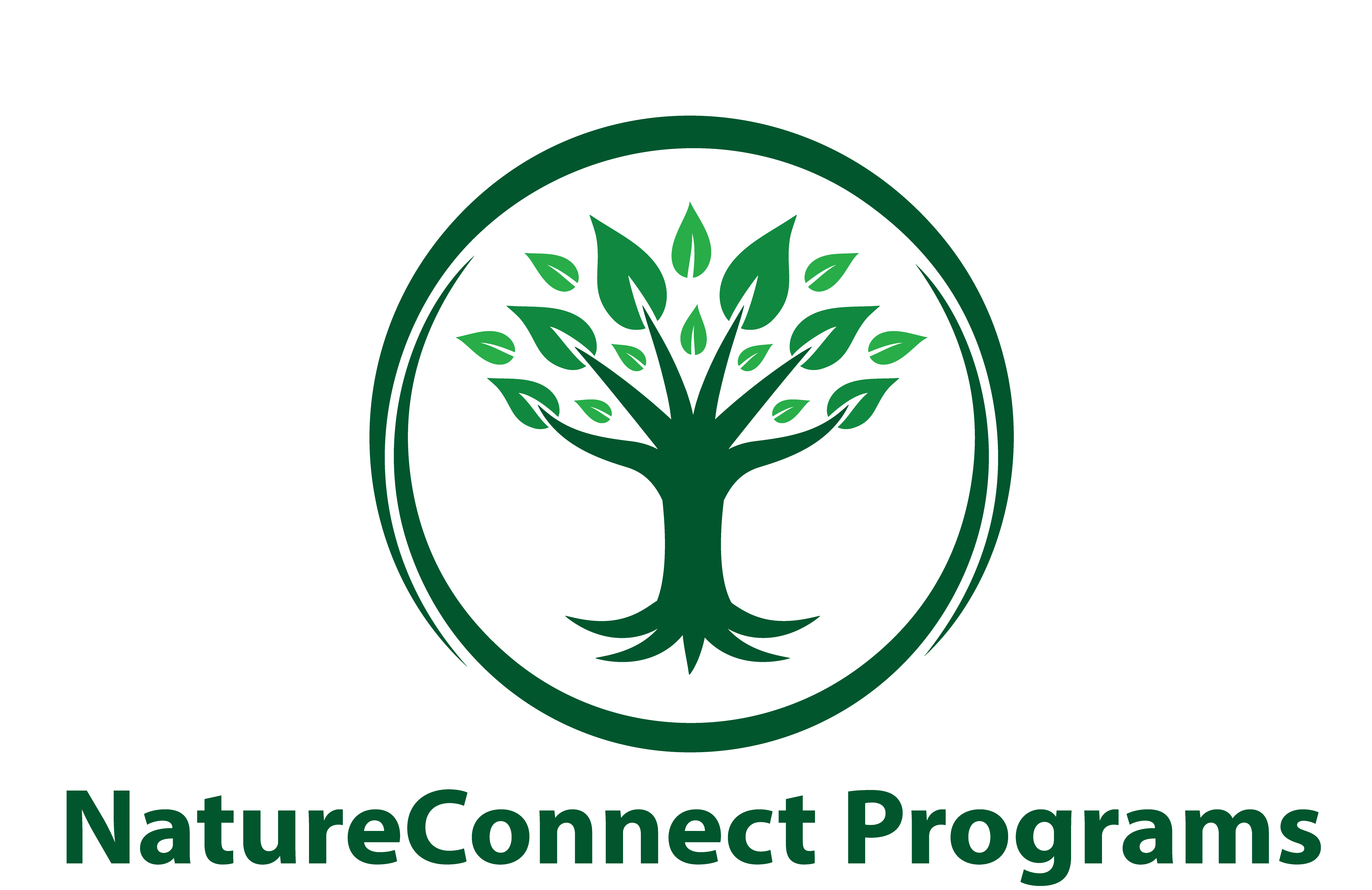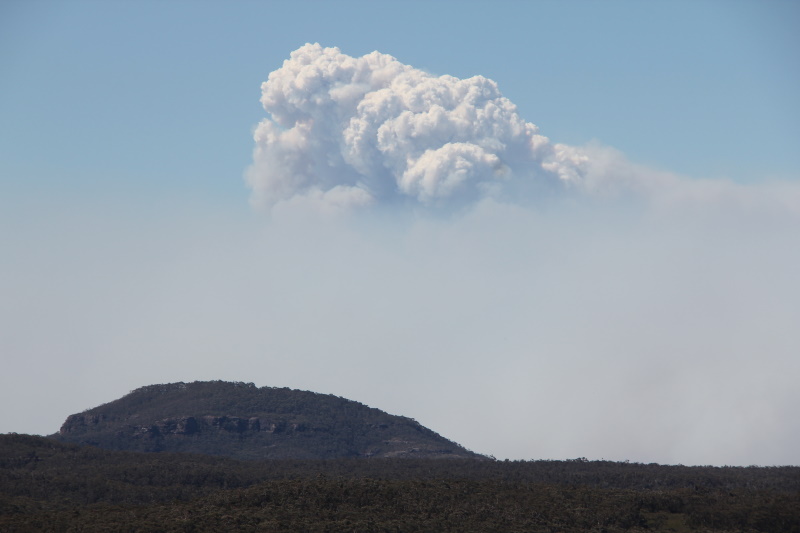Looking out from my Blue Mountains home west of Sydney, across the vast swathes of eucalypt forest and heath understorey, I feel the ancient landscape’s spacious, timeless presence permeate my mind. Worn by time and water, shaped by life over the many millions of countless years it has seen life evolve, establish and disappear. Many remain. The sun scorched ridgetops and densely treed gullies continues to sustain and nourish the flora and fauna that depend on its being. Yet over the past three months I have watched these forests burn, sometimes smouldering, often exploding in places here and yonder, billowing smoke arising and creating heaving dark pyrocumulus clouds. Over many days from October to the New Years days, the blue of the sky has been hidden by grey-brown peasouper smoke and falling ash, settling over everything, a carpet of incinerated life.
The drought driven fiery conflagration smudges the landscape, its grey smoke infiltrating everything, permeating clothes, hair and my being. The thick smoke pricks the back of my throat, flowing into my lungs. Its constant presence removes any doubts that I can hide from the coming apocalypse of our climate emergency. The massive fires closing in on either side of my village are reminders of my vulnerability, our collective fragile film of civility. In the end the fires ended a few kilometres away, the providence of favourable weather.
The witnessing of the fiery devastation on the forests and the unseen deaths of wildlife takes an emotional toll. Not directly or intensely as in the victims of bushfires and their loss of homes and habitats and lives, but the sadness and grief of the knowing of over a billion-wildlife suffering in their fiery extermination. Knowing of the local extinctions that has or will result unfurls a sense of the loneliness of permanent loss. There is sadness and heartache for the suffering of those that survive and deal with the scars of trauma and loss of food, community and home. I feel an immense upwelling of helpless loss, the world I live within, the world aflame yonder, the world of black stumps and ash and confused survivors. It is a lonelier place for them, and for me. A billion plus precious souls disappeared.
This is one of the faces of our climate emergency in its fiery mood, the heat death of this warming, drying planet that has sustained life and allowed civilisation to emerge, only for its human child to unconsciously turn to matricide. It is an ugly face of humanity’s making, each of us complicit in diverging extent of its unfolding. Unable or unwilling to explore our own inner nature and see outer nature as us, we have chosen death over life, unconscious to the fear and insecurity driving the consciousness of disconnect. Writing this reflection in an unusually overcast, slightly precipitative day of relative summer coolness, visions from the images of burning forests, days become red hued darkness and burnt carcasses of trapped victims flood through. I feel incongruous, almost a little guilty for expressing these feelings given I am not a victim, merely witness from a safer vantage point.
These horrific conflagration of fires are not yet over, summer is only at half mast, fires are still spreading and smouldering across this desiccated, numb nation. They may yet come back to haunt us in our stupor, in our retreat to post-holiday busyness, to decimate our precious plants and wildlife, to take human life and property. They almost certainly will. But I can’t but feel the ominous warning of yesterday’s conflagrations in relation to the loneliness of the human condition. Large swathes of our landscape have become intensely simplified, emptied, filled by ash and blackened reminders of the heat death of tree crown flames. We are lonelier for this great emptying, whether we recognise it or not.
This national disaster must be viewed as our collective wakeup call for not only proper and just action on reducing greenhouse gas emissions, on managing and sustaining our unique landscapes but entering into a deeper, sacred relationship with the Earth and all of its inhabitants. Much could’ve been done to more effectively deal with predictable fires, especially at the government and bureaucratic level. We are for the most part lonelier for this conflagration. Whether this deepens or worsens depends on whether we can seriously step up to this opportunity for fundamental change. My sadness and sense of loss endures, seeded before the 2019 bushfires and deepened by the flames, smoke and images of fear and suffering.

